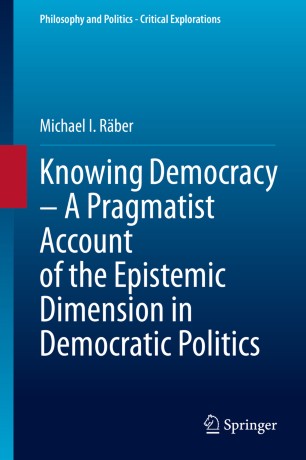(Ebook) Knowing Democracy – A Pragmatist Account of the Epistemic Dimension in Democratic Politics by Michael I. Räber ISBN 9783030532574, 9783030532581, 9783030532604, 3030532577, 3030532585, 3030532607
How can we justify democracy’s trust in the political judgments of ordinary people? In Knowing Democracy, Michael Räber situates this question between two dominant alternative paradigms of thinking about the reflective qualities of democratic life: on the one hand, recent epistemic theories of democracy, which are based on the assumption that political participation promotes truth, and, on the other hand, theories of political judgment that are indebted to Hannah Arendt’s aesthetic conception of political judgment. By foregrounding the concept of political judgment in democracies, the book shows that a democratic theory of political judgments based on John Dewey’s pragmatism can navigate the shortcomings of both these paradigms. While epistemic theories are overly and narrowly rationalistic and Arendtian theories are overly aesthetic, the neo-Deweyan conception of political judgment proposed in this book suggests a third path that combines the rationalist and the aesthetic elements of political conduct in a way that goes beyond a merely epistemic or a merely aesthetic conception of political judgment in democracy. The justification for democracy’s trust in ordinary people’s political judgments, Räber argues, resides in an egalitarian conception of democratic inquiry that blends the epistemic and the aesthetic aspects of the making of political judgments. By offering a rigorous scholarly analysis of the epistemic and aesthetic foundations of democracy from a pragmatist perspective, Knowing Democracy contributes to the current debates in political epistemology and aesthetics and politics, both of which ask about the appropriate reflective and experiential circumstances of democratic politics. The book brings together for the first time debates on epistemic democracy, aesthetic judgment and those on pragmatist social epistemology, and establishes an original pragmatist conception of epistemic democracy.
*Free conversion of into popular formats such as PDF, DOCX, DOC, AZW, EPUB, and MOBI after payment.


